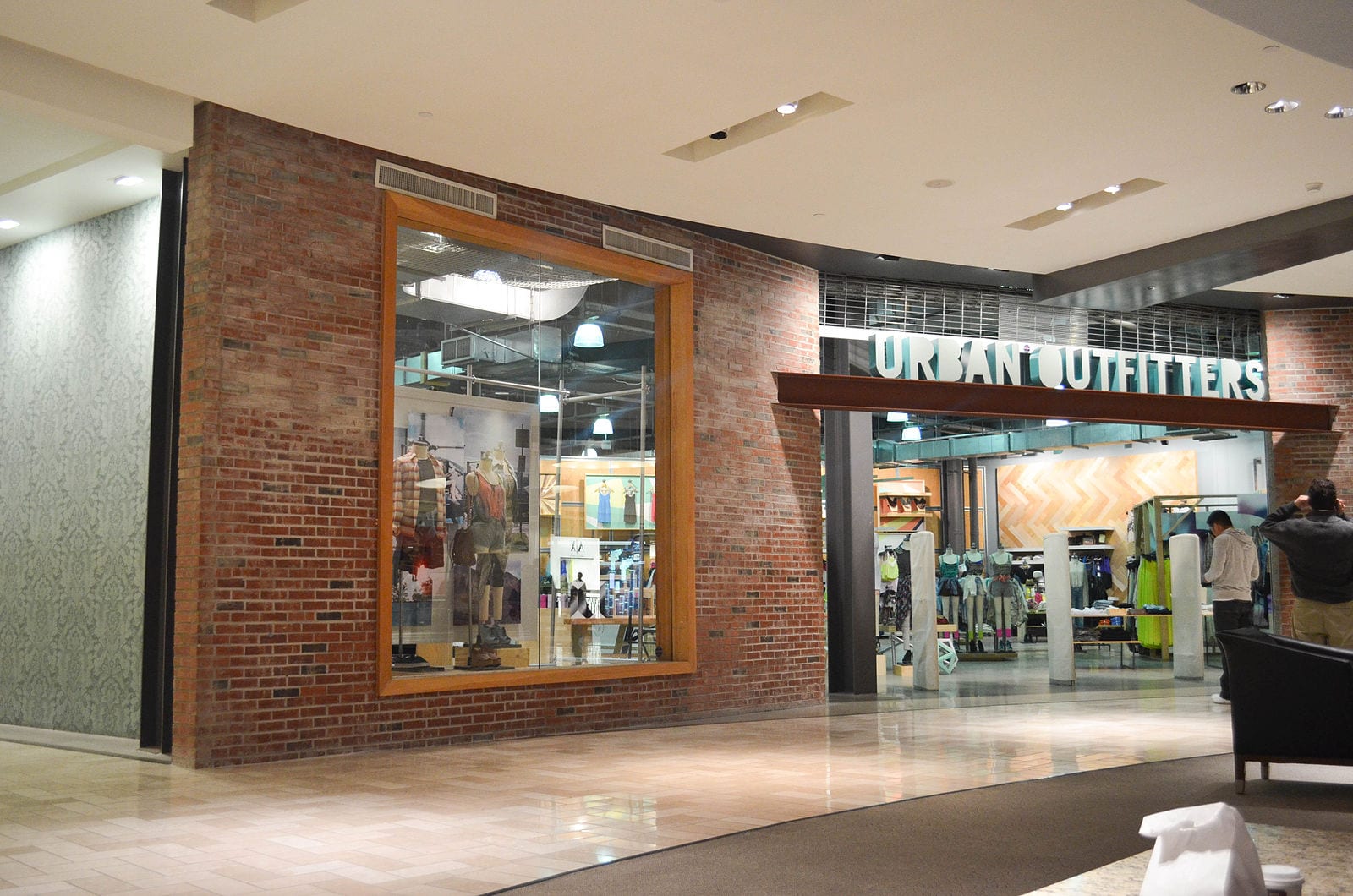Back in October 2011, A Native American woman named Sarah Houston Brown confronted the CEO of Urban Outfitters regarding their use of the word “Navajo” in a myriad of the company’s products, finding them “beyond demeaning and inappropriate on a personal and collective level.”[1] This complaint has evolved into a hefty lawsuit, where the Navajo Nation is seeking at least $1,000 per day per item sold in Urban Outfitters, and at most all profits generated by Navajo-themed products.[2]
This past Monday, the Navajo Nation asked Urban Outfitters to respond to U.S. District Judge Bruce D. Black’s request for more information on the company’s sales of Navajo-related merchandise, but the company has yet to do so regarding its pre-2008 sales.[3] Urban Outfitters, however, is arguing a statute of limitations expiration and alleges that the Navajo Nation is not entitled to any sales prior to 2008 because the lawsuit was filed four years later.[4]
Urban Outfitters’ position is that their use of “Navajo” should not be deemed as trademark infringement upon the tribe’s rights because it is a generic term for a design and style, not a reference to a class of people.[5] Further, “the term ‘Navajo’ had been ‘in rampant, widespread use by numerous parties… in connection with the advertising and sale of consumer products’ for at least a decade before the Navajo Nation filed its suit.”[6]
The Federal Indian Arts and Crafts Act of 1990 prohibits any false claim or implication that a product is Native American-made.[7] The Department of Interior states, “it is illegal to offer or display for sale any art or craft product in a manner that falsely suggests it is Indian produced, an Indian product, or the product of a particular Indian or Indian Tribe or Indian arts and crafts organization, resident within the United States. If a business violates the Act, it can face civil penalties or can be prosecuted and fined up to $1,000,000”.[8]
Fashion Law Expert Susan Scafidi concluded, “It’s not a clear-cut issue,” and explained:
“From my personal perspective — Navajo is a people, not a pattern… But legally, Urban Outfitters does have a couple of defenses. In the case of the Indian Arts And Crafts Act, they might very well say, ‘Look, this is not an art or a craft.’ And in the case of the trademark, they might say, ‘Well, on those particular products there are other trademarks that indicate the source of the good, and that we believe nobody would be confused by the word Navajo.'” Urban Outfitters could argue that it is not using “Navajo” as a name or a trademark, but as a descriptor (although that might be difficult given that the chain offers 21 items for sale with “Navajo” in the name).” [9]
It is tough to see who will prevail, but based on the strong positions on both sides, it is fairly safe to assume that a settlement will not take place.[10]

